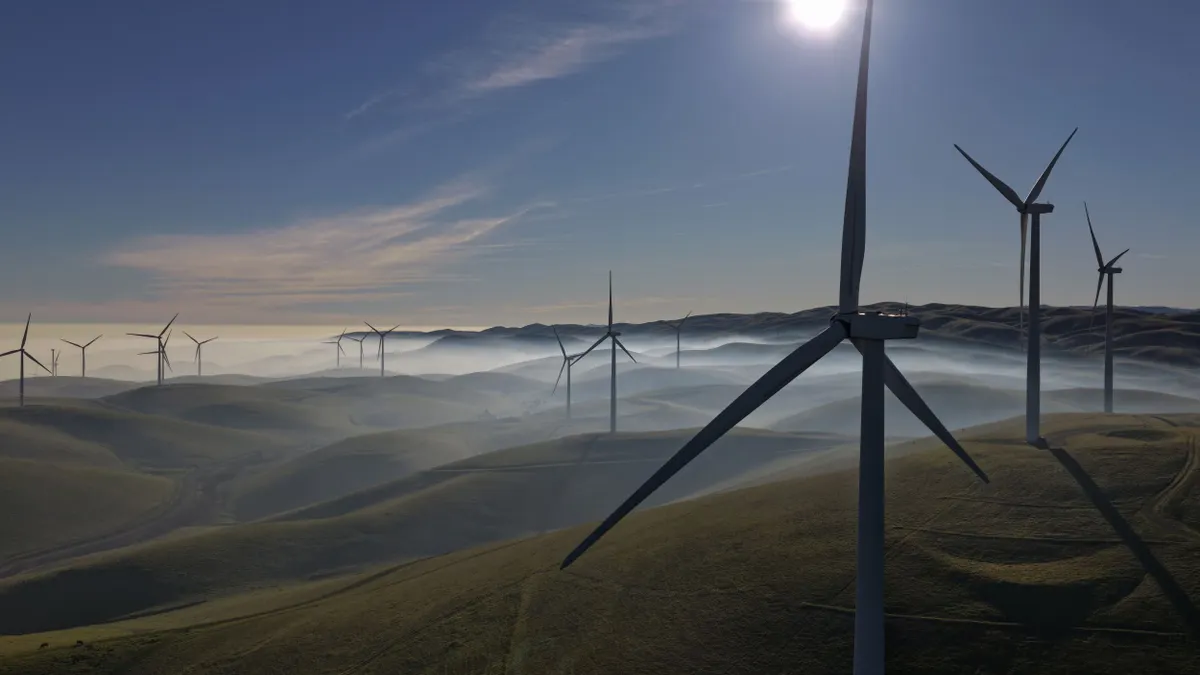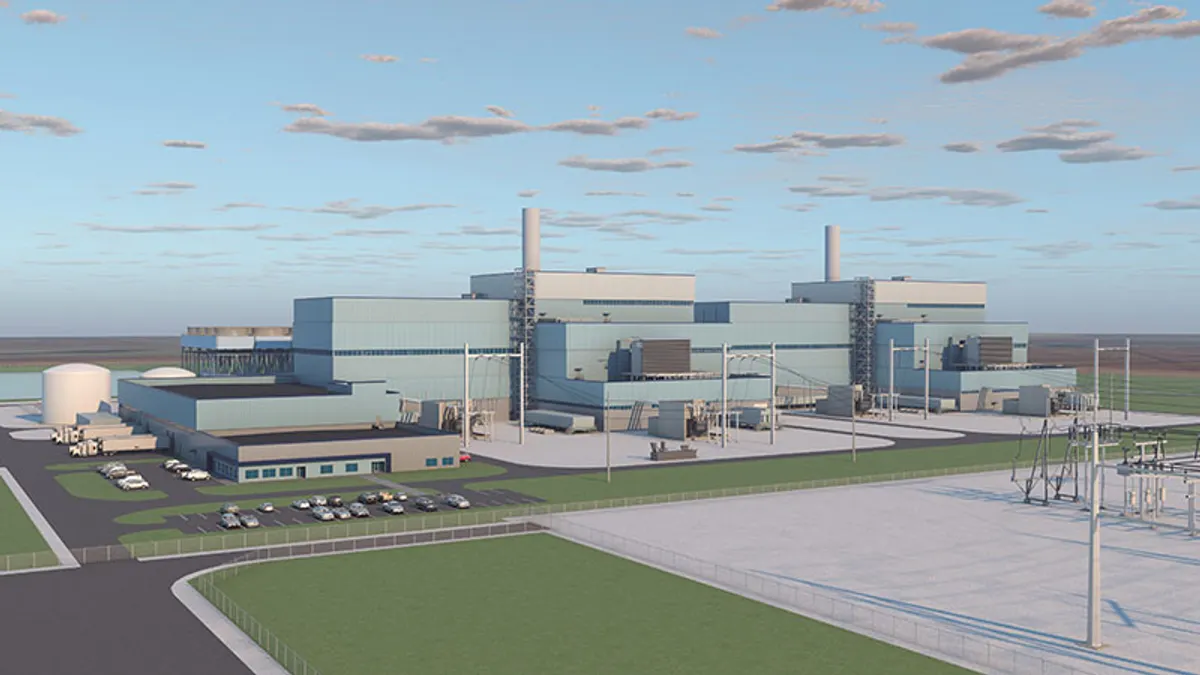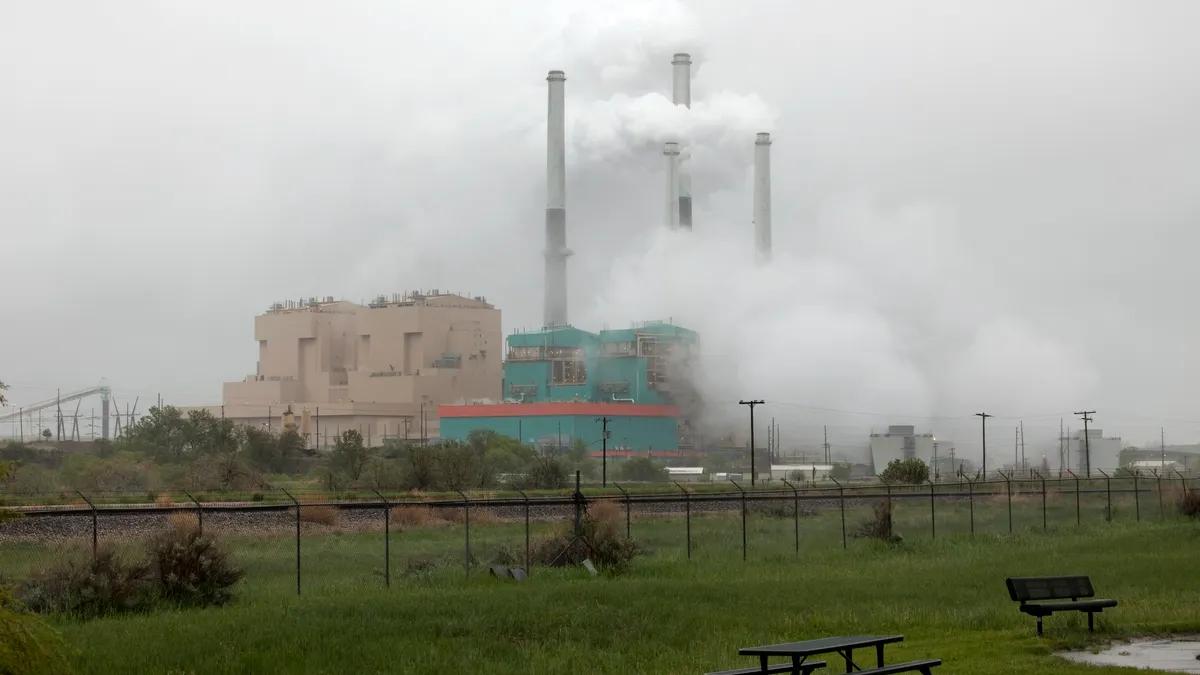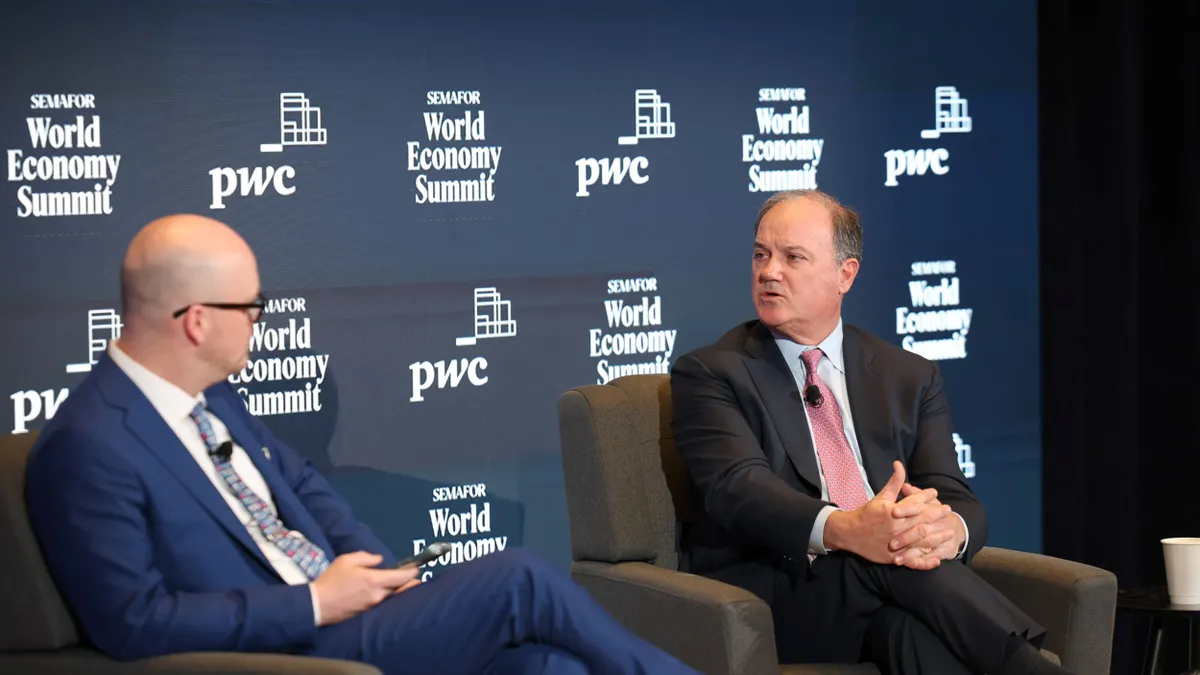Regulators in Kansas and Michigan approved large load tariffs on Thursday that set rules for Evergy Kansas and Consumers Energy, respectively, to connect data centers and other energy-intensive customers to the grid.
At the same time, lawmakers in Delaware — part of the PJM Interconnection — are considering legislation that would require large loads to get permission from the Delaware Public Service Commission to connect to the grid.
In part, the new rules in Kansas and Michigan and the legislation in Delaware aim to ensure that existing utility customers don’t pay costs related to interconnecting large loads.
The moves come as PJM is considering rules for interconnecting data centers and other large loads, and the Federal Energy Regulatory Commission is beginning a rulemaking process that could lead to requirements for connecting to the federally regulated transmission system.
Kansas regulators OK Evergy rules
On Thursday, the Kansas Corporation Commission approved a settlement agreement between Evergy’s Kansas utilities, the Data Center Coalition, the Sierra Club, the Natural Resources Defense Council, Google and other groups. The agreement establishes a large load “power service rate plan” for new facilities over 75 MW.
Evergy was working with more than 20 potential large load data center and manufacturing customers totaling more than 6 GW of demand, according to the company’s mid-February application with the KCC. Across its service territory in Kansas and Missouri, Evergy has a roughly 15 GW large load pipeline, including about 5 GW in advanced stages, according to an earnings presentation.
Under the large load rate plan, customers can start with up to five years of a rampup period, and then must take service for at least 12 years. Other provisions require customers to pay a minimum monthly bill based on 80% of contract demand, even if they use less than that. They must also pay for any transmission upgrades that are needed to serve their facilities.
KCC staff estimates that customers using the large load rate will pay 7% to 10% more than existing industrial customers, according to the commission’s order.
“On an annual power bill of $200 million, that extra 7-10% can significantly reduce costs that would otherwise be borne by the rest of Evergy's customers,” the KCC said.
The agreement also includes four options for large load customers to access clean energy.
“This settlement ensures that large energy users share responsibility for the infrastructure they require while also creating new opportunities to move the grid toward clean, renewable energy,” said Sarah Rubenstein, an attorney with Great Rivers Environmental Law Center, which represented the Sierra Club.
Michigan PSC approves Consumers’ rules
Meanwhile, the Michigan Public Service Commission approved Consumers Energy’s proposal to set rules for new data centers and other loads larger than 100 MW.
The new rules set a 15-year minimum contract term, require customers to pay 80% of their expected monthly demand, regardless of how much they use, and a ramp-up period of up to five years to reach full service levels, among other things.
The PSC required Consumers Energy to show that costs caused by each new large load user are not being subsidized by other customers.
In approving the rules, the PSC said it aimed to ensure that large load customers “fully pay for the costs needed to serve them, and that there are adequate guardrails in place to avoid both cross-subsidization from other customers and the risk of stranded assets should the anticipated load fail to fully materialize.”
Consumers Energy has a 9-GW pipeline of potential data center, semiconductor and manufacturing projects, including about 4 GW to 5 GW in “advanced” discussions and 1 GW to 2 GW in “final” stages, the utility’s parent company, CMS Energy, said in a Friday investor presentation.
Delaware lawmakers eye large load rules
In Delaware, lawmakers are considering a bill — S.B. 205 — that would require the Delaware PSC to issue a “certificate to operate” for new loads larger than 30 MW that interconnect with the transmission system. The bill gives the PSC the authority to require new loads to procure generation to meet their needs and to make financial commitments to cover their transmission costs.
Lawmakers could begin reviewing the bill when the Delaware General Assembly convenes in January.
It is unclear how the bill could interact with FERC’s rulemaking to consider a U.S. Department of Energy proposal that would set rules for interconnecting large loads to the transmission system.
In response to a request from state utility regulators, FERC on Friday extended the initial comment deadline of DOE’s proposal to Nov. 21 from Nov. 14. Reply comments are due Dec. 5. DOE asked FERC to issue a final rule by April 30, although the agency typically takes at least a year, and sometimes several years, to issue a major rule.
























